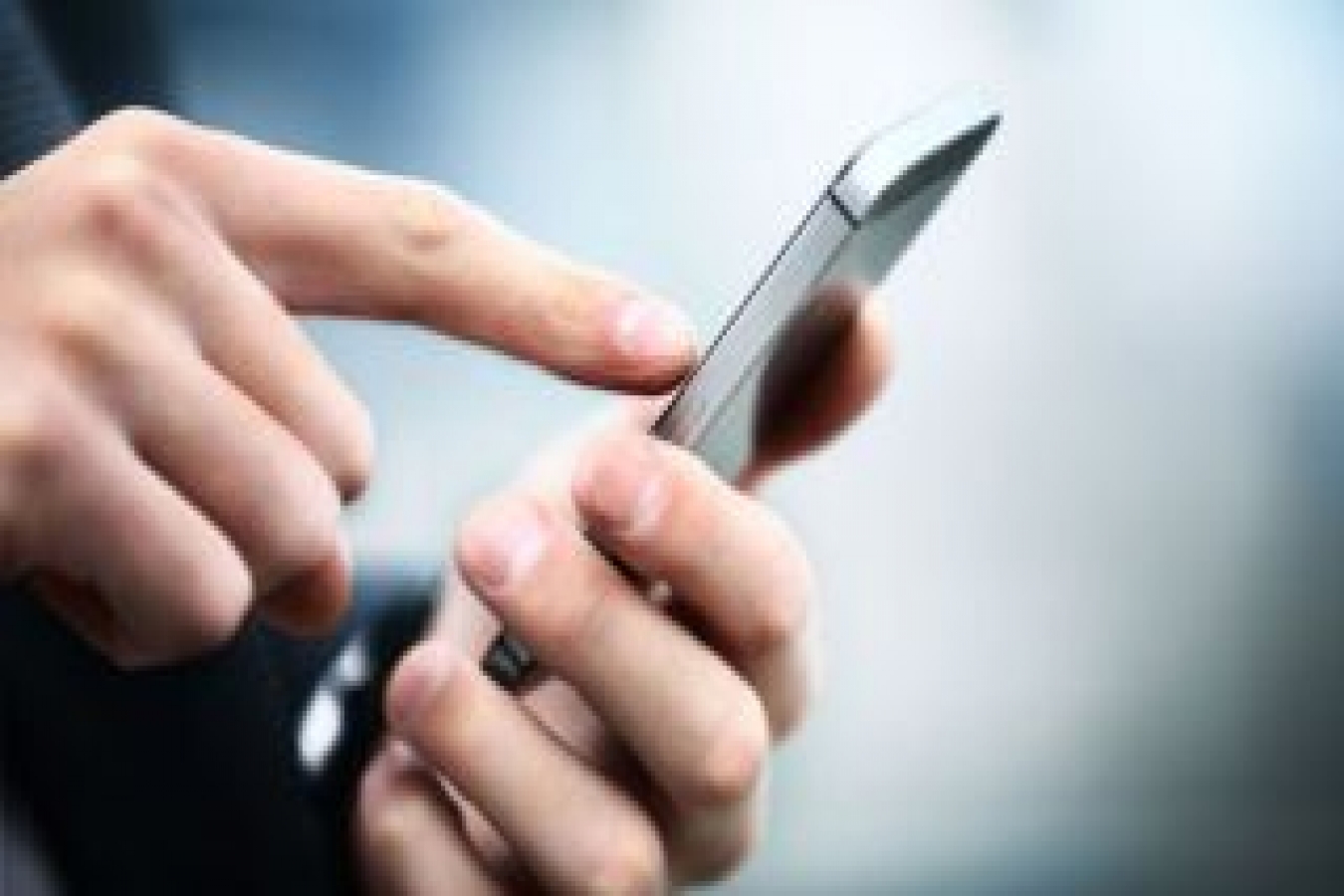


 7:20:37
7:20:37  2018-10-14
2018-10-14  1679
1679

According to a new research, apps can soon detect what mode of transport commuters are using and automatically offer relevant advice.
Researchers at the University of Sussex's Wearable Technologies Lab believe that the machine learning techniques developed in a global research competition they initiated could also lead to smartphones being able to predict upcoming road conditions and traffic levels, offer route or parking recommendations and even detect the food and drink consumed by a phone user while on the move. The study appeared in the Journal of the ACM.
"Previous studies generally collected only GPS and motion data. Our study is much wider in scope: we collected all sensor modalities of smartphones, and we collected the data with phones placed simultaneously at four locations where people typically carry their phones such as the hand, backpack, handbag and pocket," said study author Daniel Roggen.
"This is extremely important to design robust machine learning algorithms. The variety of transport modes, the range of conditions measured and the sheer number of sensors and hours of data recorded is unprecedented," he added.
Roggen and his team collected the equivalent of more than 117 days' worth of data monitoring aspects of commuters' journeys in the UK using a variety of transport methods to create the largest publicly available data set of its kind.
The project gathered data from four mobile phones carried by researchers as they went about their daily commute over seven months.
The team launched a global competition challenging teams to develop the most accurate algorithms to recognise eight modes of transport (sitting still, walking, running, cycling or taking the bus, car, train or subway) from the data collected from 15 sensors measuring everything from movement to ambient pressure.
The project saw 17 teams take part with two entries achieving results with more than 90 per cent accuracy, eight with between 80 and 90 per cent, and nine between 50 and 80 per cent.
The winning team, JSI-Deep of the Jozef Stefan Institute in Slovenia, achieved the highest score of 93.9 per cent through the use of a combination of deep and classical machine learning models. In general, deep learning techniques tended to outperform traditional machine learning approaches, although not to any significant degree.
It is now hoped that the data set will be used for a wide range of studies into electronic logging devices exploring transportation mode recognition, mobility pattern mining, localisation, tracking, and sensor fusion.
"By organising a machine learning competition with this dataset we can share experiences in the scientific community and set a baseline for future work. Automatically recognising modes of transportation is important to improve several mobile services - for example to ensure video streaming quality despite entering in tunnels or subways, or to proactively display information about connection schedules or traffic conditions," said Roggen.
Reality Of Islam |
|

MXenes are

A newly dev

Get ready f

Researchers
 9:3:43
9:3:43
 2018-11-05
2018-11-05
10 benefits of Marriage in Islam
 7:5:22
7:5:22
 2019-04-08
2019-04-08
benefits of reciting surat yunus, hud &
 9:45:7
9:45:7
 2018-12-24
2018-12-24
advantages & disadvantages of divorce
 11:35:12
11:35:12
 2018-06-10
2018-06-10
 6:0:51
6:0:51
 2018-10-16
2018-10-16
 8:15:37
8:15:37
 2023-02-16
2023-02-16
 1:34:8
1:34:8
 2022-02-01
2022-02-01
 5:57:34
5:57:34
 2023-03-18
2023-03-18
 10:47:11
10:47:11
 2022-11-22
2022-11-22
allah will not answer all your prayers
 6:56:28
6:56:28
 2022-01-01
2022-01-01
 2:11:12
2:11:12
 2022-10-15
2022-10-15
 2:13:43
2:13:43
 2022-05-27
2022-05-27
 5:41:46
5:41:46
 2023-03-18
2023-03-18
| LATEST |